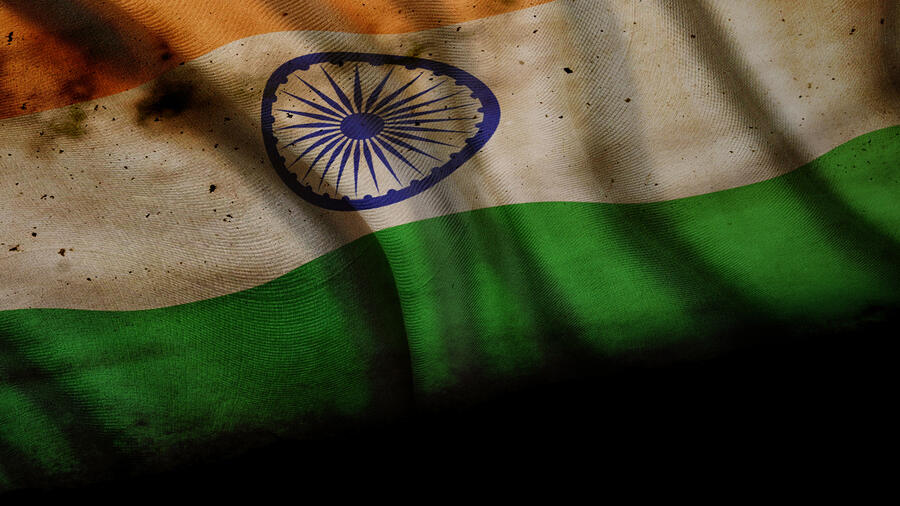Mastarda Surya Sen, who was behind one of the most important revolutionary episodes in the Indian freedom struggle, was hanged to death on this day in Chittagong.
He was the leader of the Chittagong Jugantar Party and the brain behind the Chittagong armoury raid of 1930.
He was born in Noapara village in Chittagong on March 22, 1894. After college, he taught at the local National School in Chittagong and acquired the sobriquet “Mastarda”. He became the president of the Chittagong branch of the Indian National Congress.
He actively participated in the non-cooperation movement. But he would lead armed campaigns that remain major events in Indian history. He looted the treasury of Assam Bengal Railway, after which the police arrested him and his colleague Ambika Chattopadhyay. They were released from the jail after two years in 1928.
On April 18, 1930, a Good Friday, Sen led a group of revolutionaries to raid the armoury of police and other forces in Chittagong. The group, however, could capture weapons and not the ammunition. They hoisted the Indian flag on the armoury, though, and escaped. But the British army pursued them and surrounded a large group of the revolutionaries in Jalalabad Hills. Twelve revolutionaries are said to have died in the encounter. Sen and some others escaped.
From his hideout, he guided Pritilata Waddedar and Kalpana Datta to attack Chittagong European Club.
Sen was captured in February 1933. He was hanged with his fellow revolutionary Tarakeshwar Dastidar on January 12, 1934, in Chittagong jail.
